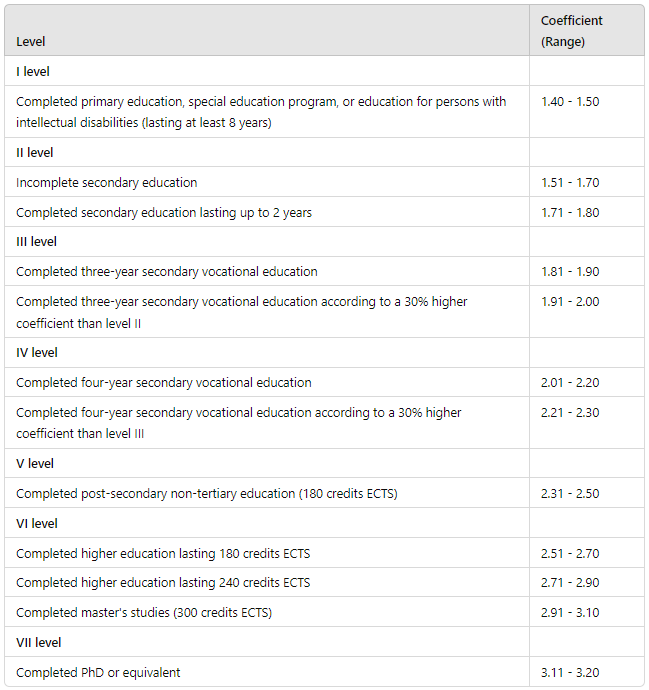
The Government of Montenegro, the Management Board of the Montenegrin Employers’ Federation, the Assembly of the Union of Trade Unions of Montenegro, and the Main Board of the Union of Free Trade Unions of Montenegro concluded a new General Collective Agreement on December 26, 2022.
This collective agreement regulates the rights, obligations, and responsibilities arising from employment, the procedure for concluding, amending, and supplementing the collective agreement, the mutual relations of the signatories, as well as other matters of importance for both employees and employers.
This collective agreement applies to:
- Employees working in Montenegro for domestic or foreign legal or natural persons, as well as employees sent to work abroad by an employer based in Montenegro, unless otherwise specified by a special law.
- Employees in state bodies, administrative bodies, local government units, and public services, unless otherwise specified by a special law.
- Foreign employees working for an employer in Montenegro, unless otherwise specified by a special law.
- Individuals engaged in economic activities for profit, who do not perform such activities on behalf of another.
Below, we highlight the most significant changes compared to the previous General Collective Agreement:
§In the case of introducing overtime work for employees, the duration cannot exceed 250 hours annually.
§There has been a significant increase in the coefficients for determining wages based on the complexity of achieved learning outcomes, specifically:

§ The salary of a trainee is set at a level that cannot be less than 70% of the salary for the corresponding job group as specified in Articles 11 and 12 of this collective agreement (Previously 80%).
§ New increases in the base hourly wage:
- 80% for work on Sundays;
- 10% for split shifts.
The wage increase for working on Sundays does not apply to employees assigned to positions where the nature of the job requires continuous work (shift work), as well as employees working in the hospitality industry and in public passenger transportation.
The wage increase for split shifts does not apply to employees assigned to positions where working hours are determined based on the hour fund, in accordance with a specific law.
§ Increases in wages for night work, work on a public or religious holiday, overtime work, work on Sundays, and split shifts do not count towards the minimum wage.
§ Increase in wages for on-call duty:
An employee’s salary is increased for each hour spent on-call by 10% of the hourly rate determined by the employee’s base salary.
On-call duty for employees is determined in cases specified by the employer’s act, or by the act of the Government of Montenegro for employees in the public sector. On-call duty cannot exceed 10 days per month unless otherwise stipulated by a sectoral collective agreement, a collective agreement with the employer, or an act of the Government of Montenegro.
Time spent by an on-call employee at the workplace performing duties at the employer’s request is considered working time and is paid as overtime work.
§ Sectoral collective agreements will be aligned with the new General Collective Agreement within one year of its entry into force.
§ Collective agreements with the employer will be aligned with this collective agreement and sectoral collective agreements within six months of the adoption of the sectoral collective agreements.
§ This collective agreement is concluded for a period of three years.
Other categories
